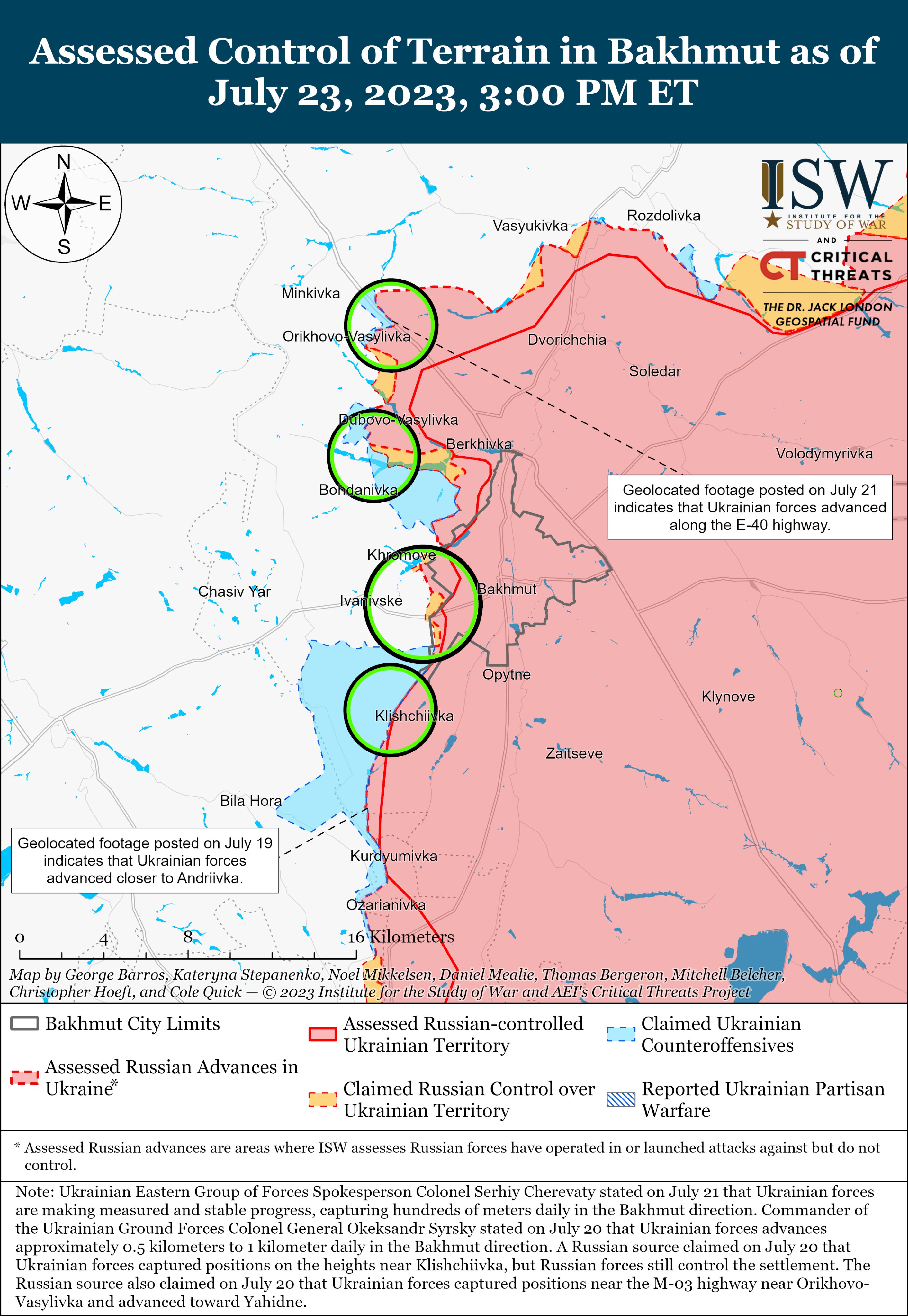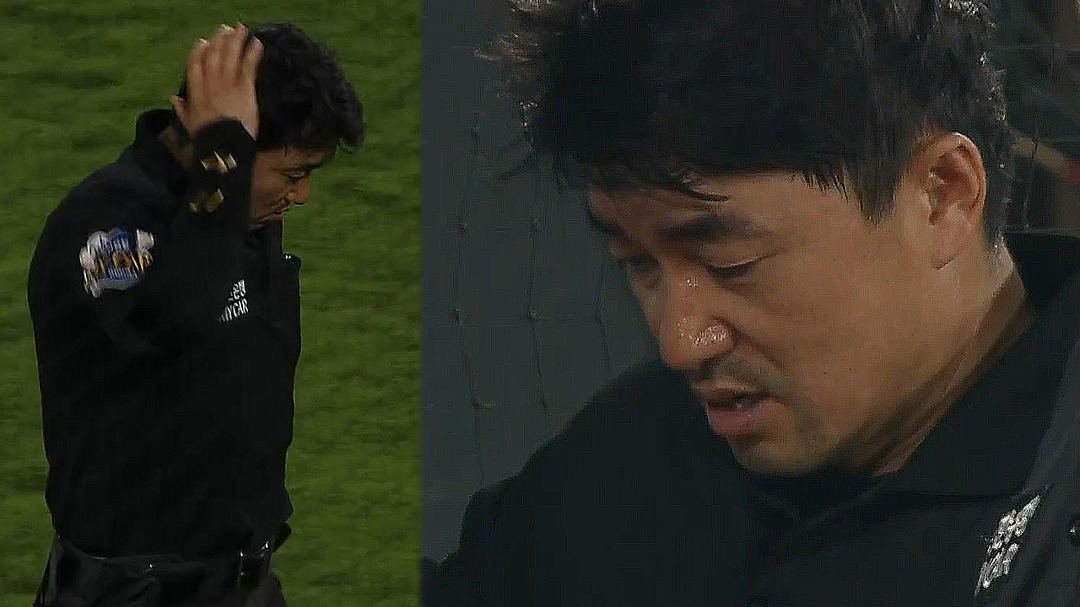Russia's Military Posturing: A Cause For European Concern?

Table of Contents
The Nature of Russia's Military Buildup
Russia's military activities near European borders have significantly increased in recent years, raising serious questions about its intentions. This buildup manifests in two primary ways: increased troop deployments and exercises, and the modernization of its military arsenal.
Increased Troop Deployments and Exercises
Numerous reports detail substantial troop movements and large-scale military exercises conducted near NATO borders. These activities are not isolated incidents but rather a pattern of behavior that fuels concerns about potential aggression.
- Examples: The 2021 Zapad military exercises, involving tens of thousands of troops, took place near the borders of several NATO members. Similar, albeit smaller scale, exercises have occurred in Kaliningrad and along the Ukrainian border. The frequency and scale of these exercises have significantly increased compared to previous years.
- Keyword integration: These "military deployments" and frequent "border tensions" contribute to a sense of heightened "military build-up," prompting a significant "NATO response" and increased vigilance.
Modernization of Russia's Military Arsenal
Simultaneously, Russia has undertaken a significant modernization of its military capabilities, investing heavily in advanced weapons systems and technologies. This modernization program aims to enhance Russia's conventional and nuclear capabilities, further increasing its military projection power.
- Examples: Russia has developed and deployed hypersonic missiles, such as the Kinzhal and Zircon, which are difficult to intercept. Investments in advanced fighter jets, like the Su-57, and modernized air defense systems also contribute to this enhanced military capacity.
- Keyword integration: This "military modernization," coupled with advancements in "weapons technology," including sophisticated "nuclear capabilities," demonstrates a considerable commitment to increasing "defense spending" and military projection.
Geopolitical Implications and European Responses
Russia's military posturing has significant geopolitical implications, directly impacting NATO and European security structures, forcing a reassessment of defense strategies.
Impact on NATO and European Security
The increased Russian military activity has prompted NATO to enhance its military posture in Eastern Europe. This includes increased troop deployments, enhanced military exercises, and improved intelligence sharing among member states.
- Examples: NATO has strengthened its Eastern flank with increased troop presence in Poland, the Baltic states, and other frontline countries. Joint military exercises with partner nations have also become more frequent and elaborate.
- Keyword integration: The "NATO response" includes heightened "European Union security" measures and a renewed focus on "collective defense." The situation underscores the need for effective "deterrence."
The Role of Diplomacy and Sanctions
Alongside military responses, diplomatic efforts and the imposition of sanctions remain crucial components of the West's response to Russia's military actions.
- Examples: The EU and the US have imposed various sanctions targeting specific Russian individuals, entities, and sectors of the Russian economy in response to its aggressive actions. Various diplomatic channels continue to be used, although their effectiveness has been limited to date.
- Keyword integration: While "diplomacy" remains a vital tool for "conflict resolution," the effectiveness of "sanctions" in influencing Russian behavior remains a subject of ongoing debate within "international relations."
Analyzing the Motives Behind Russia's Actions
Understanding the motives behind Russia's military actions requires considering both geopolitical factors and internal Russian dynamics.
Territorial Ambitions and Historical Grievances
Russia's actions may be driven by a combination of territorial ambitions and historical grievances, particularly regarding its perceived encroachment by NATO and the West.
- Examples: The annexation of Crimea in 2014 and the ongoing conflict in eastern Ukraine can be interpreted as manifestations of Russia's desire to reassert its influence in its "near abroad."
- Keyword integration: These actions reflect Russia's "Russian foreign policy" objectives and its pursuit of specific "territorial claims," ultimately showcasing its long-term "geopolitical strategy" viewed through a specific "historical context."
Domestic Political Considerations
Internal political factors, including nationalist sentiment and the need to consolidate power, also play a crucial role in shaping Russia's military strategy.
- Examples: The use of military force can serve as a tool to rally public support behind the government and deflect attention from domestic problems. A strong military can enhance the image of the regime both domestically and internationally.
- Keyword integration: Understanding "Russian politics," including the role of "nationalism" in maintaining "regime stability," is key to understanding the domestic drivers influencing "internal pressures" and military actions.
Conclusion
Russia's military posturing presents a genuine cause for European concern. The increased military deployments, modernization of its arsenal, and assertive actions near European borders create a volatile security environment. While diplomacy and sanctions play crucial roles, the underlying motives – a blend of geopolitical ambitions and domestic political needs – necessitate a comprehensive and nuanced approach. Is Russia's military posturing a genuine cause for European concern? The evidence strongly suggests that it is. Stay informed about the evolving situation surrounding Russia's military posturing and its impact on European security. Continue the conversation and share your thoughts on this crucial geopolitical issue.

Featured Posts
-
 Mlb 160km
Apr 29, 2025
Mlb 160km
Apr 29, 2025 -
 Over 100 Immigrants Detained In Underground Nightclub Raid Cnn Video Evidence
Apr 29, 2025
Over 100 Immigrants Detained In Underground Nightclub Raid Cnn Video Evidence
Apr 29, 2025 -
 Son Of Falcons Dc Apologizes For Prank Call To Browns Draft Pick Shedeur Sanders
Apr 29, 2025
Son Of Falcons Dc Apologizes For Prank Call To Browns Draft Pick Shedeur Sanders
Apr 29, 2025 -
 Tylor Megills Mets Success A Statistical And Strategic Overview
Apr 29, 2025
Tylor Megills Mets Success A Statistical And Strategic Overview
Apr 29, 2025 -
 Historic Anchor Brewing Company Announces Closure After 127 Years
Apr 29, 2025
Historic Anchor Brewing Company Announces Closure After 127 Years
Apr 29, 2025
Latest Posts
-
 Oh What A Beautiful World A Review Of Willie Nelsons New Album
Apr 29, 2025
Oh What A Beautiful World A Review Of Willie Nelsons New Album
Apr 29, 2025 -
 Country Legend Willie Nelson Releases Oh What A Beautiful World
Apr 29, 2025
Country Legend Willie Nelson Releases Oh What A Beautiful World
Apr 29, 2025 -
 New Music Willie Nelson Releases 77th Solo Album At 91
Apr 29, 2025
New Music Willie Nelson Releases 77th Solo Album At 91
Apr 29, 2025 -
 New Music Willie Nelsons Oh What A Beautiful World
Apr 29, 2025
New Music Willie Nelsons Oh What A Beautiful World
Apr 29, 2025 -
 Oh What A Beautiful World Willie Nelsons Latest Album Details
Apr 29, 2025
Oh What A Beautiful World Willie Nelsons Latest Album Details
Apr 29, 2025
